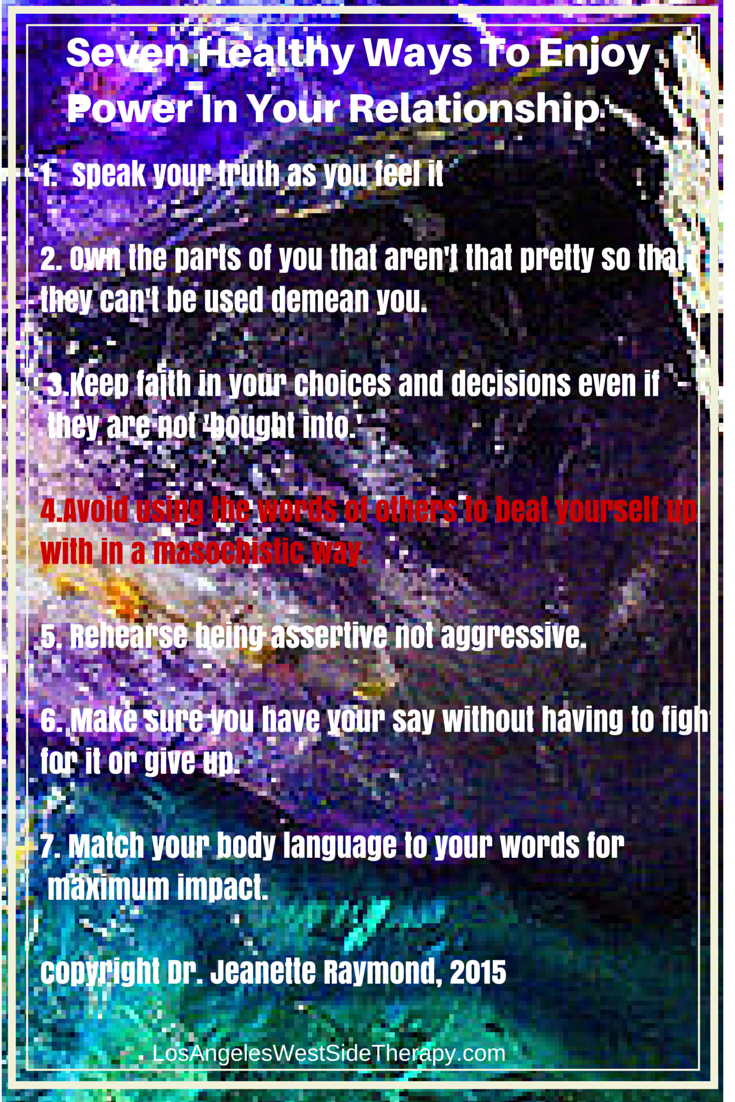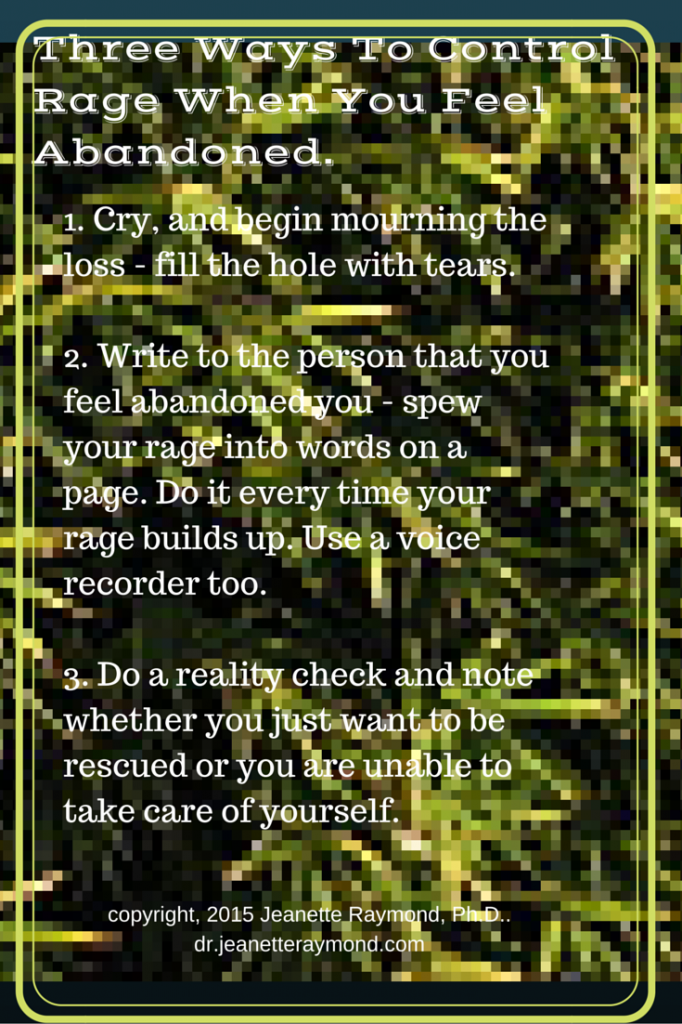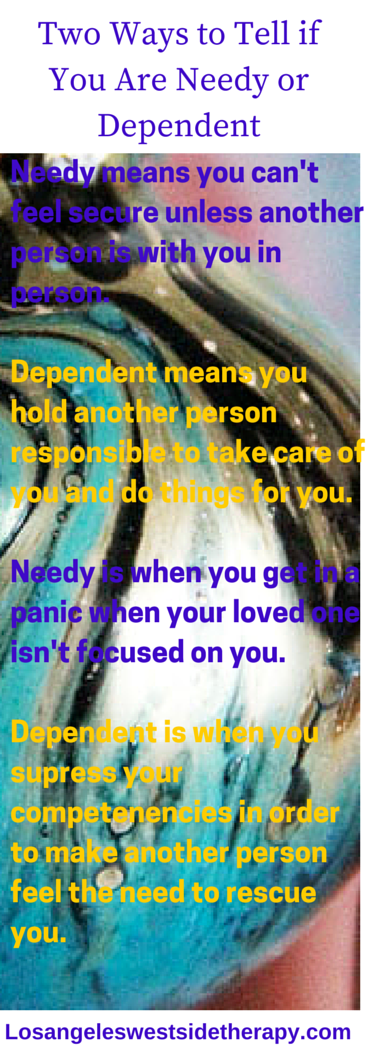Seven Healthy Ways To Regain Power In Your Relationship
Overwhelmed with the prospect of having to manage the finances of the household, thirty-three-year-old Andy gave his power over to his thirty-two-year-old wife who was a whiz at it. He enjoyed the lack of responsibility and the chance not to have to worry about money. UNTIL his wife complained bitterly that he was not pulling his weight. He would get involved for a short time to appease her, but soon drifted back into his old ways until the next time she exploded. Sometimes he acted like a robot not to feel the shame and blame and other times he was passive aggressive, playing the martyr to her abuser roles. What if Andy chose one or more of the healthier ways of owning and exerting his power so that he didn't have to give it away and get it back in the less healthy ways?





